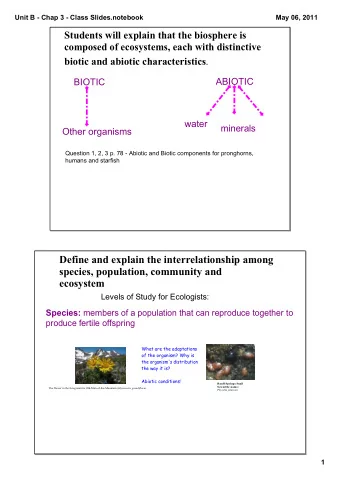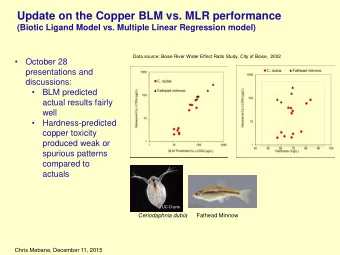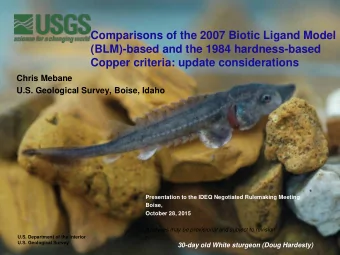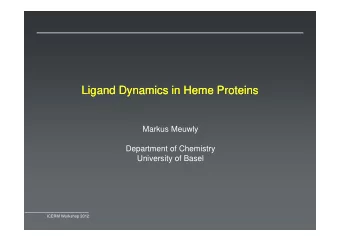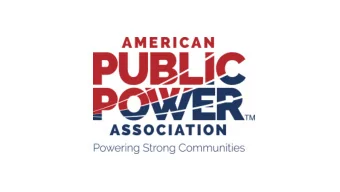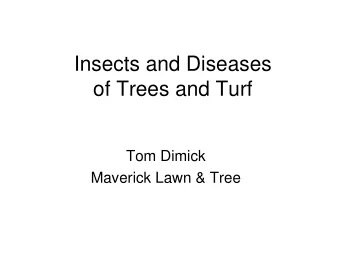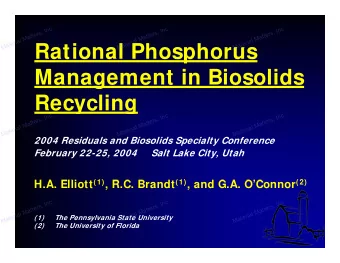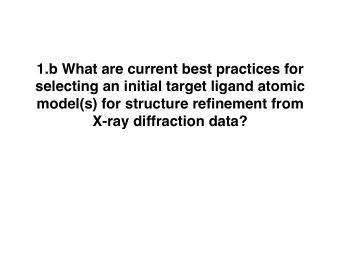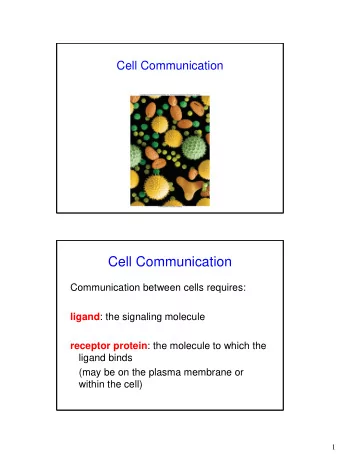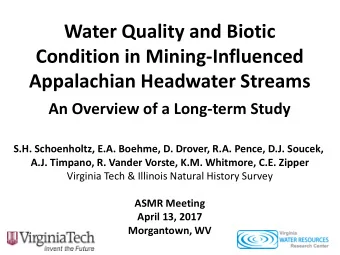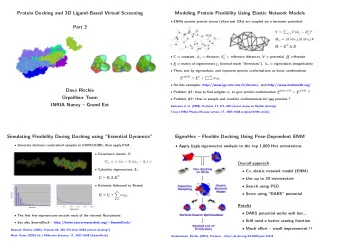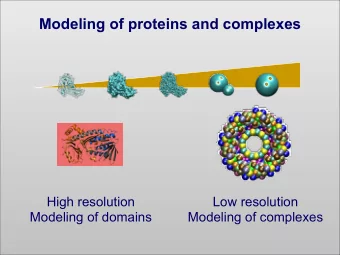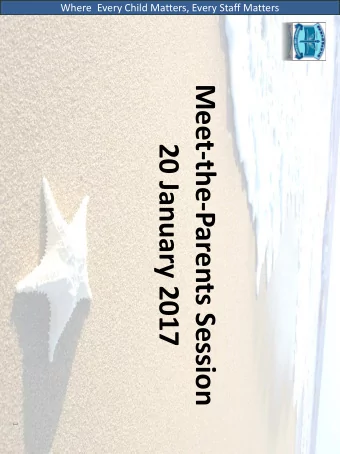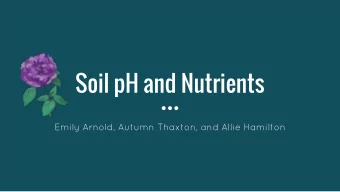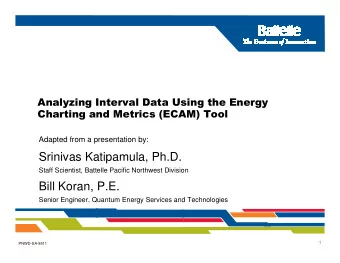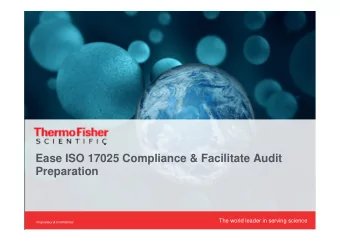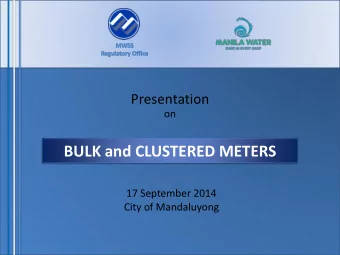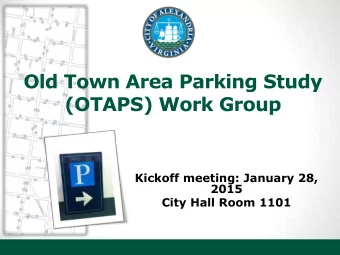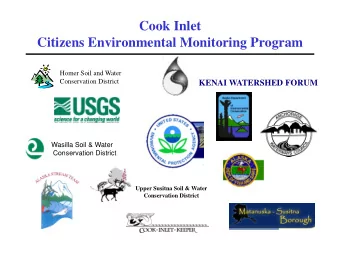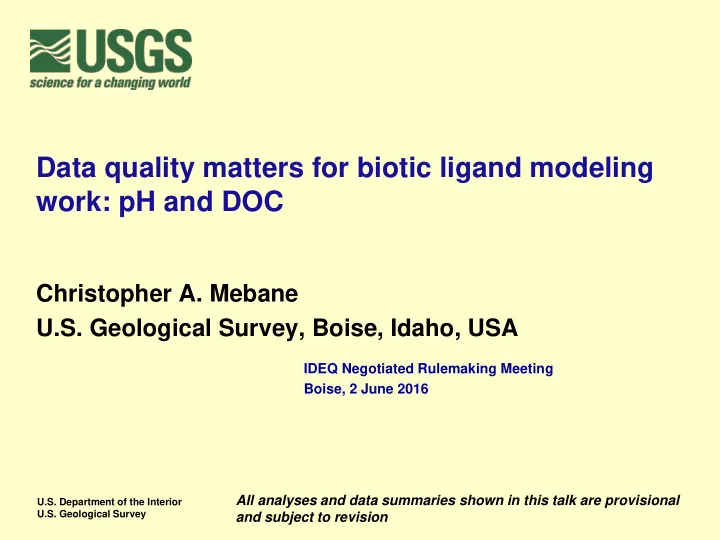
Data quality matters for biotic ligand modeling work: pH and DOC - PowerPoint PPT Presentation
Data quality matters for biotic ligand modeling work: pH and DOC Christopher A. Mebane U.S. Geological Survey, Boise, Idaho, USA IDEQ Negotiated Rulemaking Meeting Boise, 2 June 2016 All analyses and data summaries shown in this talk are
Data quality matters for biotic ligand modeling work: pH and DOC Christopher A. Mebane U.S. Geological Survey, Boise, Idaho, USA IDEQ Negotiated Rulemaking Meeting Boise, 2 June 2016 All analyses and data summaries shown in this talk are provisional U.S. Department of the Interior U.S. Geological Survey and subject to revision
DOC and pH data quality are important! Chronic copper criteria: Teton River at St. Anthony, ID USGS 13055000 90 12 80 BLM-based CCC (µg/L, diss.) 10 DOC 70 60 8 DOC (mg/L) Cu (µg/L) 50 6 40 30 4 20 2 10 0 0 Jan-93 Aug-93 Mar-94 Sep-94 Apr-95 Oct-95
DOC and pH data quality are important!
pH • Sampling early in the morning could give lowest (stringent) criteria; sampling in late afternoon could give highest (lenient) criteria • What’s most appropriate? Average? Lowest? • Natural daily cycles and criteria implications are largest on low gradient, productive streams. Much less of a concern in small, high gradient mountain streams • Silver Bow Creek near Butte, MT – 2 pH units • Silver Creek Idaho – 1 pH unit • 8 agricultural streams in S. Idaho – 0.5 to 1 unit • Panther Creek, Idaho – 0.6 units • Big Deer Cr (trib to Panther) – 0.1 units • 5 streams near Stibnite, ID – 0.1 to 0.2 units • Proper calibration and meter operation obviously important • At fixed sites (e.g., downstream of a permitted outfall) a continuously recording meter would be beneficial
pH Best Practices? • Proper calibration and meter operation obviously important • At fixed sites (e.g., downstream of a permitted outfall) a continuously recording meter to capture daily cycles would be beneficial • Otherwise make some adjustment to account for likely daily cycles? In absence of cycle data, assume a pH value of 7?
Dissolved organic carbon (DOC Natural DOC in stream water may be highly variable and protects against copper toxicity Findlay, S. E. G. 2006. Dissolved organic matter. p.240 in F. R. Hauer, and G. A. Lamberti, editors. Methods in Stream Ecology, Second Edition. Academic Press (Elsevier). Used by permission of Elsevier
For example, beware of USGS DOC data prior to 1994! Columbia River between Northport, WA and Trail, BC 12 10 95% 8 DOC (mg/L) 6 4 75% 50% 2 95% 25% 75% 50% 25% 5% 5% 0 Pre-1994 1994 and later
Colorado River downstream of Glen Canyon Dam, Arizona 12 10 8 DOC (mg/L) 6 4 2 0 A B Pre-1994 1994 and later
Neuse River, North Carolina coastal plain 20 95% 18 16 14 12 75% DOC (mg/L) 10 95% 50% 8 25% 75% 50% 6 25% 5% 5% 4 2 0 Pre-1994 1994 and later
Unnatural DOC sources can high bias samples Contamination from filters and bottles are a widespread issue
Unnatural DOC sources can high bias samples Issue probably better known in the oceanographic community than water quality monitoring community
DOC Best Practices? • Include field blanks in sample collection; adjust data by subtracting out the value from the blank water • Not a perfect solution: even blank water has trace DOC • If samples can be quickly delivered to the analytical lab (eg chilled and overnighted or frozen), consider having the lab filter the samples instead of doing it in the field
Recommend
More recommend
Explore More Topics
Stay informed with curated content and fresh updates.

